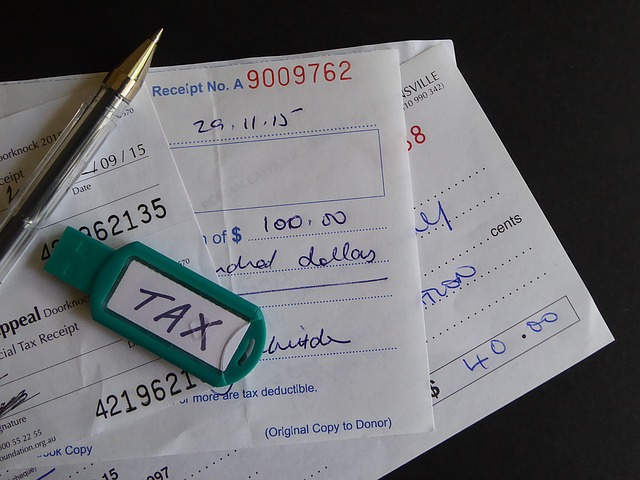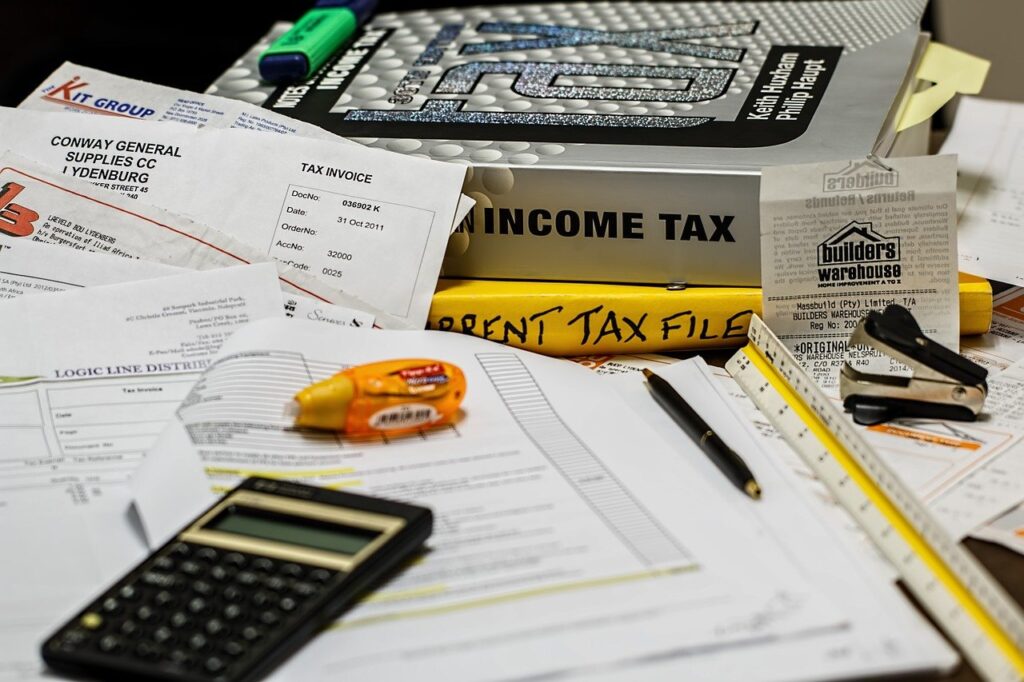Keeping track of your tax records does not need to mean an overflowing file cabinet. Plenty of free online resources will help keep even the most chaotic offline tax records well organized. Finding out which records should be kept and where is just half the battle. Storing them properly takes discipline, without which you will be left with an over-loaded shoebox full of receipts.
There are many different ways that you can store and organize your records; some work better than others for different people. In the case of individual tax returns, it is easier to use accounting software to manage the accounting side of things; you simply record when you make a purchase, when you make a payment or write in a check. It would be much more time consuming, however, if you want to organize your receipts and other documents.
One of the first steps in keeping up with your records is to have a system in place for storing all of the receipts that come into your business. If you are using a single computer for all of your document filing and accounting needs, then you can easily install and use one of the free accounting software programs available online. You can then print out each receipt and store it in your receipt folder. If you have more than one location for your receipt and bookkeeping needs, you can use labels or tags to organize the documents as you see fit.
If you use accounting software to organize your tax records, you may also want to purchase a receipt scanner. With this tool, you can scan every receipt that comes into your office. These scanners are usually used by accountants and other individuals who have a lot of paperwork to process. There are even models available that can be mounted on the wall so you can scan everything that comes into your office. There are even some models available that will allow you to print out everything that is scanned. The benefit of using these products is that you will be able to save money by eliminating the cost of purchasing ink and paper.
In addition to using an accounting software product to organize tax records, you can also take advantage of available online resources. One of the best options available is the ability to use an online filing program. These types of programs will allow you to electronically file your income tax documents so that you can avoid the extra time and money spent filing by hand. When you file electronically, you can usually do it from any location with an Internet connection. This will allow you to access your files from any computer with an Internet connection. This option is often times very helpful if you have a home office because you can easily conduct your tax records there.
The tax records that you maintain should be organized so that you can easily retrieve them when you need them. There are a variety of ways that you can organize these documents. If you want to save time while filing your tax returns, consider buying an accounting software product that will help you organize your tax records. If you are unsure about how to organize your tax records, then you can hire a certified public accountant to help you. There are many advantages to keeping your tax records in order and using a tax software product that helps you organize your information.
At Peavy and Associates PC our mission is to assist you with all your tax preparations, payroll and accounting needs. We provide our clients with professional, personalized accounting services and guidance in a wide range of financial and business needs. Give us a call today and discover why our clients return to Peavy and Associates, PC year after year!










